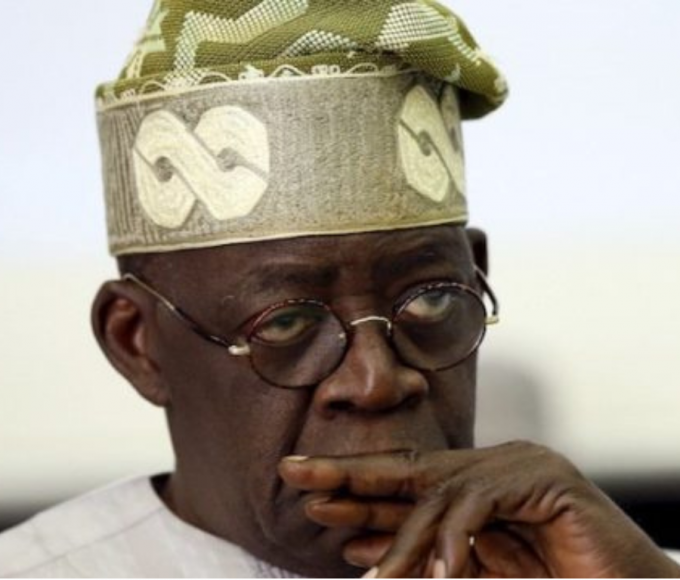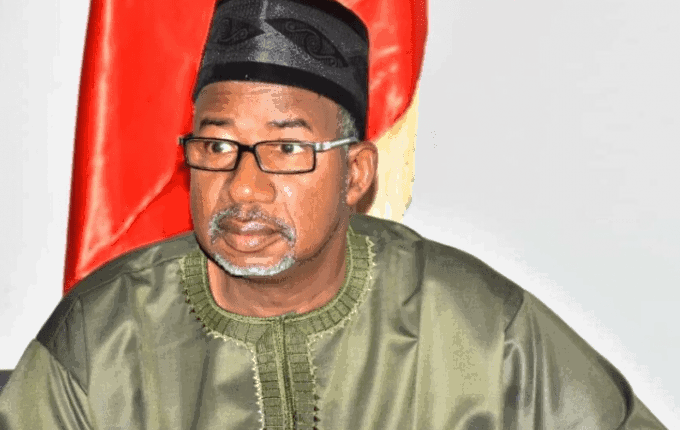
Compulsory Treatment and Care for Victims of Gunshot Act 2017

The Nigerian Senate passed the Treatment and Care for Victims of Gunshots Bill on July 11, 2017. The Bill guarantees that victims of this type receive prompt and sufficient medical attention in public and private institutions and support from security agencies. The Bill provides for the compulsory treatment and care for victims of gunshots. With the approval of former President Muhammadu Buhari on December 20th, 2017, the Bill did not become effective until 25th November of 2023 with a circulating internal memo of the Nigerian Police Force (NPF), which contents depicts in response to the Federal Ministry of Health & Social Welfare directives on issues of treating gunshots victims without any hesitation.
Section 11 of the Act imposes an imprisonment term of five years to any security agent, hospital or citizen who fails to perform his or her duty as stipulated by the Act. The Act further provided for the offence of ‘’Standing by,’’ thereby imposing a lawful duty on all Nigerians to render compulsory assistance to victims of gunshot injury.
The Inspector-General of Police, Kayode Egbetokun, further directs all Commissioners of States’ Police to ensure the sensitization of compliance to the National Assembly ruling on enforcing the implementation of the Gunshot Act, making it a subject of lecture worthy of circulation for the knowledge of the public.
To uphold Section 14 (2b) of the Nigerian 1999 Constitution (as amended), the government is mandated to give primacy to the security of the people. The Gunshot Act, on the other hand, further gives rights to medical treatment of victims of gunshot as medical practitioners over the years work solely based on the patient’s provision of the police report before treatment, which at its failure to provide many has lost their lives.
However, with the recent development, netizens have taken to social media to express their concerns from a place of mistrust in the Nigeria Police Force and the need to involve all stakeholders in awareness initiatives to further inform the public on implementing such National Law for the good of the public. It is also necessary for civil society organizations and health experts to get involved, and at its full implementation, the Bill to save lives before police reports come into play.
Read: DE-NIGERIANIZATION The Imperative of Reconditioning. Raphael Adebayo, 2023.
About The Author
Mayowa Durosinmi
author
M. Durosinmi is a West Africa Weekly investigative reporter covering Politics, Human Rights, Health, and Security in West Africa and the Sahel Region
Mayowa Durosinmi
M. Durosinmi is a West Africa Weekly investigative reporter covering Politics, Human Rights, Health, and Security in West Africa and the Sahel Region
Related Articles
Nigerian Senate President, Akpabio Appeals Court Ruling Overturning Suspension of Senator Natasha
Nigerian Senate President, Godswill Akpabio, has filed a formal appeal seeking to...
ByOluwasegun SanusiJuly 15, 2025Cameroon’s 92-Year-Old President, Paul Biya, Declares Bid to Run for Eighth Term in October Election
Cameroon’s President Paul Biya has officially declared his intention to run for...
ByConfidence UbaniJuly 14, 2025Tinubu Uses Federal Power to Pressure Opposition Governors into APC, Deepening State Capture Ahead of 2027
President Bola Ahmed Tinubu’s political strategy ahead of the 2027 elections is...
ByWest Africa WeeklyJuly 13, 2025Nigeria: Bauchi Governor Accuses Tinubu-Led FG of Withholding Support from Opposition States
Governor Bala Mohammed of Bauchi State has criticised the Federal Government of...
ByOluwasegun SanusiJuly 11, 2025












Leave a comment